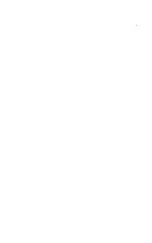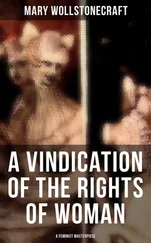Andrea Dworkin - The Political Memoir of a Feminist Militant
Здесь есть возможность читать онлайн «Andrea Dworkin - The Political Memoir of a Feminist Militant» весь текст электронной книги совершенно бесплатно (целиком полную версию без сокращений). В некоторых случаях можно слушать аудио, скачать через торрент в формате fb2 и присутствует краткое содержание. Жанр: Публицистика, на английском языке. Описание произведения, (предисловие) а так же отзывы посетителей доступны на портале библиотеки ЛибКат.
- Название:The Political Memoir of a Feminist Militant
- Автор:
- Жанр:
- Год:неизвестен
- ISBN:нет данных
- Рейтинг книги:4 / 5. Голосов: 1
-
Избранное:Добавить в избранное
- Отзывы:
-
Ваша оценка:
- 80
- 1
- 2
- 3
- 4
- 5
The Political Memoir of a Feminist Militant: краткое содержание, описание и аннотация
Предлагаем к чтению аннотацию, описание, краткое содержание или предисловие (зависит от того, что написал сам автор книги «The Political Memoir of a Feminist Militant»). Если вы не нашли необходимую информацию о книге — напишите в комментариях, мы постараемся отыскать её.
The Political Memoir of a Feminist Militant — читать онлайн бесплатно полную книгу (весь текст) целиком
Ниже представлен текст книги, разбитый по страницам. Система сохранения места последней прочитанной страницы, позволяет с удобством читать онлайн бесплатно книгу «The Political Memoir of a Feminist Militant», без необходимости каждый раз заново искать на чём Вы остановились. Поставьте закладку, и сможете в любой момент перейти на страницу, на которой закончили чтение.
Интервал:
Закладка:
the suburbs, so it was hard to apply many of Che’s strategic
points; the land was flat, flat, flat; the mall - the first in the
country - was boring, boring, boring, emphatical y not Havana.
I studied Che’s principles of revolution day in and day out,
30

The High School Library
and the school board was none the wiser. The shelves in the
library now were roomy, and the room itself seemed lower.
There weren’t books in piles to hold up the ceiling, nor were
there books that emanated heat and with the heat enough
light to be a candle in the darkness. It was as if anything the
school board recognized it did away with. I was almost out.
My term of imprisonment was almost up. My own hard time
was coming to an end. The pedophilic teacher had a lot of
anger and despair to fool around with, and he didn’t let any
of it go to waste. He’d tell you any story you wanted to hear,
give you the narrative of any book gone missing; Anna
Karenina went from being Tolstoy’s to being his.
31

The Bookstore
Sometime during high school the very best thing happened:
at the mal a bookstore opened. This was a spectacular bookstore, independent, few hardcover books but they were out of my socioeconomic league anyway; and there was a whole rack
of City Lights books, yes, Ginsberg and Ferlinghetti and
Robert Duncan and Paul Blackburn and Gregory Corso and
Yevteshenko - anything City Lights published would show up
on that rack. It was al contemporary, al poetry, al incendiary,
al revolutionary, each book a Molotov cocktail. I'd be down
and the owners would point me to something, and I'd be up
and they’d point me to something else. It was a whole world
of books that I never dreamed could be so close to me, to
where I was physical y on the planet: this horrible, awful, stupid
suburb. The store was owned and run by two adults, Stan and
Phyl is Pogran, who were not trying to get between you and
the books; they brought you right to the trough and let you
drink. You could read the books in the store (there were no
chairs in bookstores back then); you didn’t have to buy and I
rarely could, although any money I had went to buy books or
music, which is stil the case. I had never met adults like Stan
32
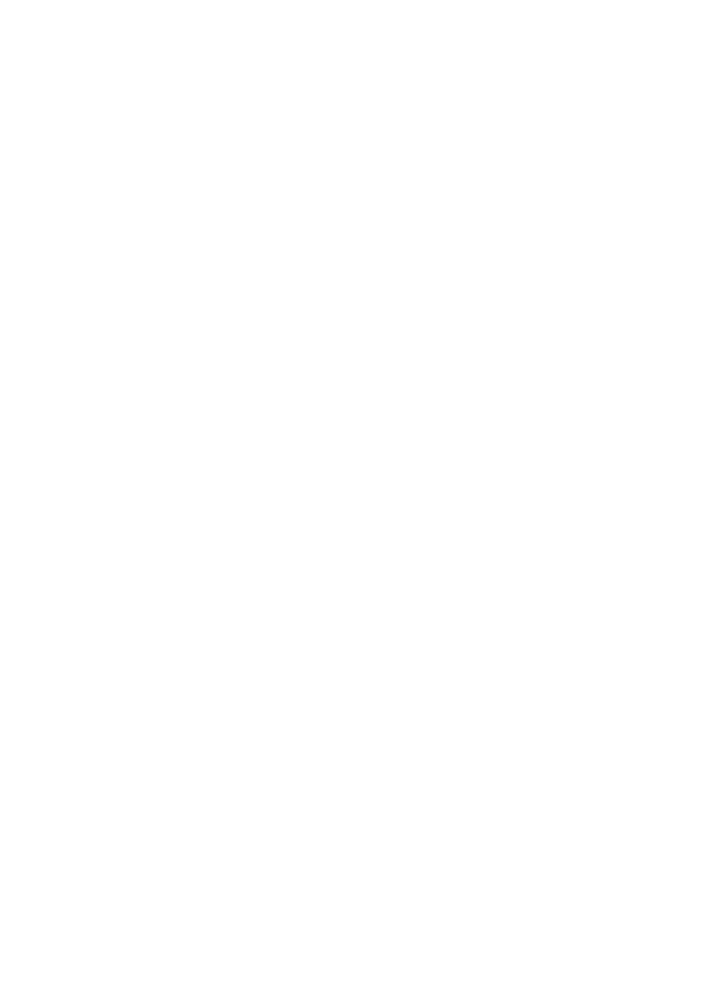

The Bookstore
and Phyllis. Later they separated and divorced, but I swear
they kept me alive and kicking: I never had a mood I couldn’t
find on their shelves.
There was never a book they tried to hide from you. At the
same time, they weren’t trying to use you - you weren’t the
day’s kick for them; they were the opposite of the pedophilic
teacher. They let me talk to them about books and about
being a writer and they talked right back about books and
writing. Amid the vulgarity of the shopping mall, with its
caged birds and fountains, its gushing-over department stores
and restaurants, there was this one island of insanity, since the
rest passed for normal. You could get close to any poet you
wanted and they, the booksellers, didn’t enforce the law on
you: they didn’t bayonet your guts until al the poetry had
spilled out, al the desire for poetry had been bled to death, al
the music in your heart had been lanced, al your dreams
trounced on and ripped to pieces. I found James Baldwin there
and read everything he had writ en; I breathed with him. I
found Mailer and Gore Vidal. I found Tennessee Williams and
Edward Albee. I’d walk over from my house in any spare time
I had - “I’m going to the mall, Ma” had its own legitimacy, a
reassuring, implicit conformity - and I’d haunt the shelves and
I’d find the world outside the world in which I was living.
I’d find a world of beauty and ideas. Corso liked Shel ey, so
I read Shelley and from him Byron and Keats. I read Joyce
and Miller and Homer and Euripides and Hemingway and
33
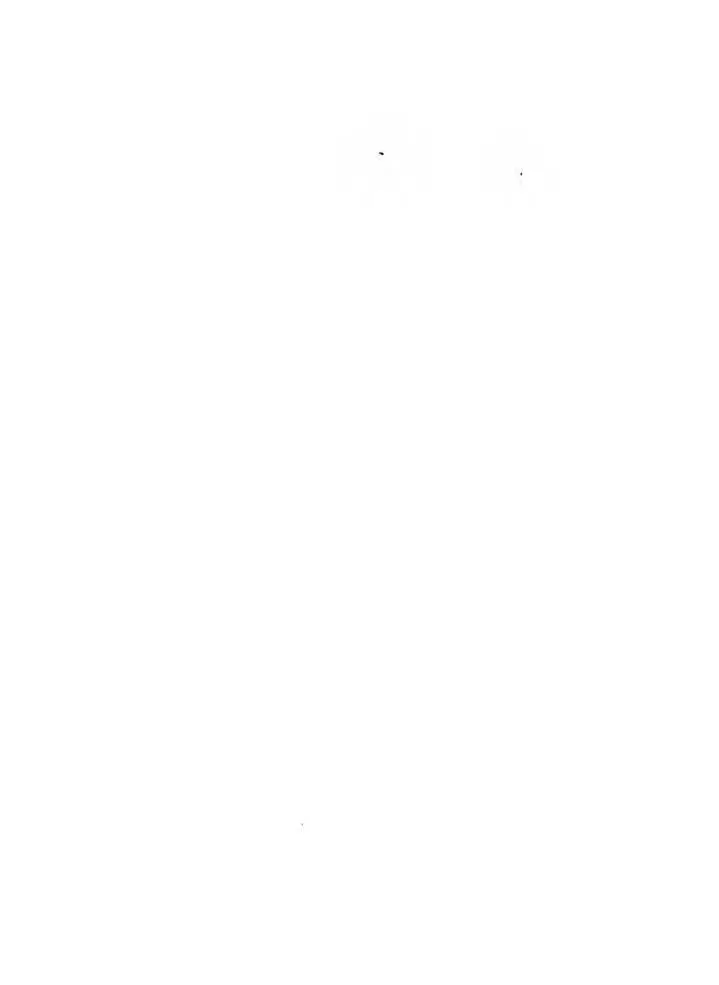

Heartbreak
Fitzgerald and Gertrude Stein. They were al there, in this one
tiny bookstore, and my love af air with books became a wild
and long ride, bucking bronco after bucking bronco; I found
Genet and Burroughs; I read The Blacks and Naked Lunch.
Literature exploded. I found and read the early pirated edition
of The Story of O.
The only bad part was that I couldn’t live there, sleep in a
corner resting my head on a messed-up coat; the store would
close and I had to go home. By the next day I’d barely be able
to breathe from the thrill of knowing I was going to find a
way to get back to the bookstore and find another book and
one after that, another author and one after that.
It would be a few years before the feminist ferment would
begin to produce a renaissance of luminous and groundbreaking books; and Sexual Politics by Kate Millett did change my life. I was one of the ones it was writ en for, because I had
absorbed the writers she exposed, I had believed in them; in
the euphoria of finding what I thought were truth-tellers, I
had forgotten my father’s warning that some writers lie. But
stil , one doesn’t know what one doesn’t know, even Mailer,
even Albee. It’s not as if there’s an empty patch that one can
see and so one can say, “There’s my ignorance; it’s about ten
by ten and a dozen feet high and someday someone wil fil
in the empty patch and I’l find what I need, what I must
know in order to lead a ful and honorable life. ” These writers,
Stein excepted, did not acknowledge women as other than
34

The Bookstore
subhuman monsters of sex and predation; and their prose and
chutzpah made me a fellow traveler. Al one can do is to fight
Читать дальшеИнтервал:
Закладка:
Похожие книги на «The Political Memoir of a Feminist Militant»
Представляем Вашему вниманию похожие книги на «The Political Memoir of a Feminist Militant» списком для выбора. Мы отобрали схожую по названию и смыслу литературу в надежде предоставить читателям больше вариантов отыскать новые, интересные, ещё непрочитанные произведения.
Обсуждение, отзывы о книге «The Political Memoir of a Feminist Militant» и просто собственные мнения читателей. Оставьте ваши комментарии, напишите, что Вы думаете о произведении, его смысле или главных героях. Укажите что конкретно понравилось, а что нет, и почему Вы так считаете.








